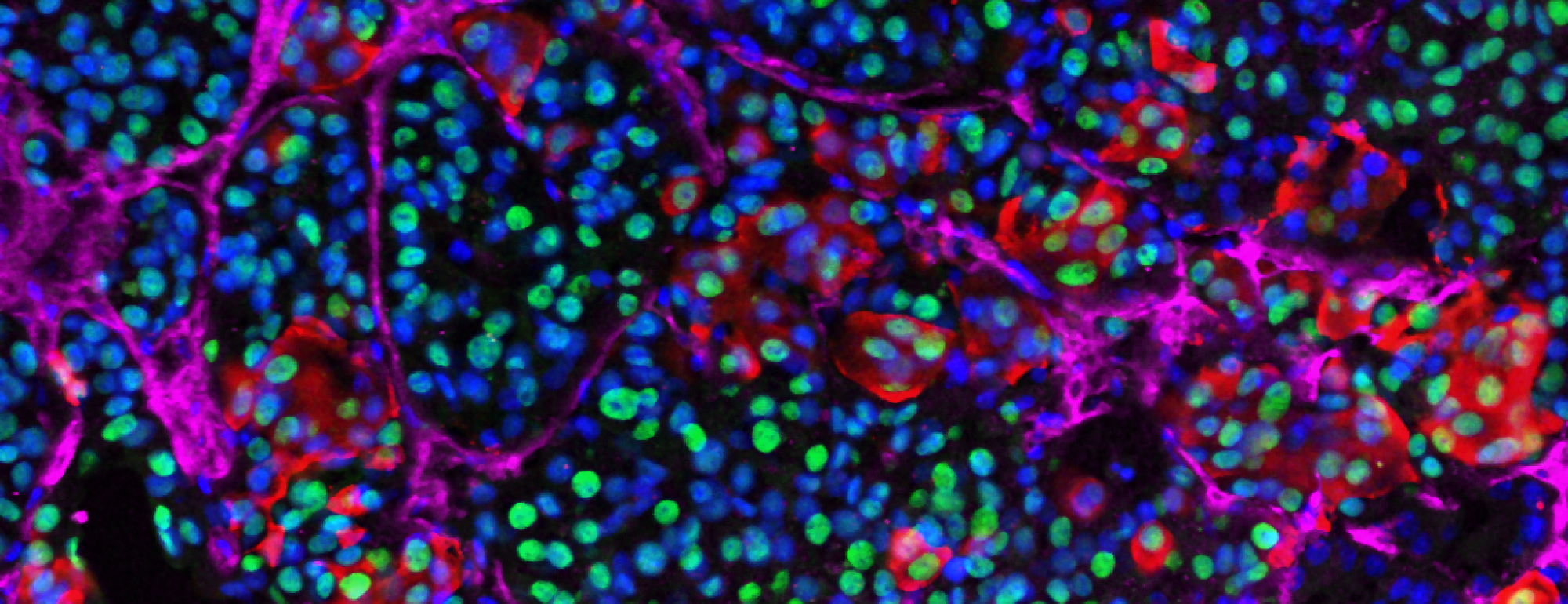Research
The primary focus of Dr. Sneddon’s research is pancreatic development, disease, and regeneration. In parallel with work to decipher the developmental trajectories taken by endocrine cells in the developing pancreas, her group has retained a sharp focus on the generation of functional, mature replacement beta cells and their efficient transplantation to cure diabetes.


